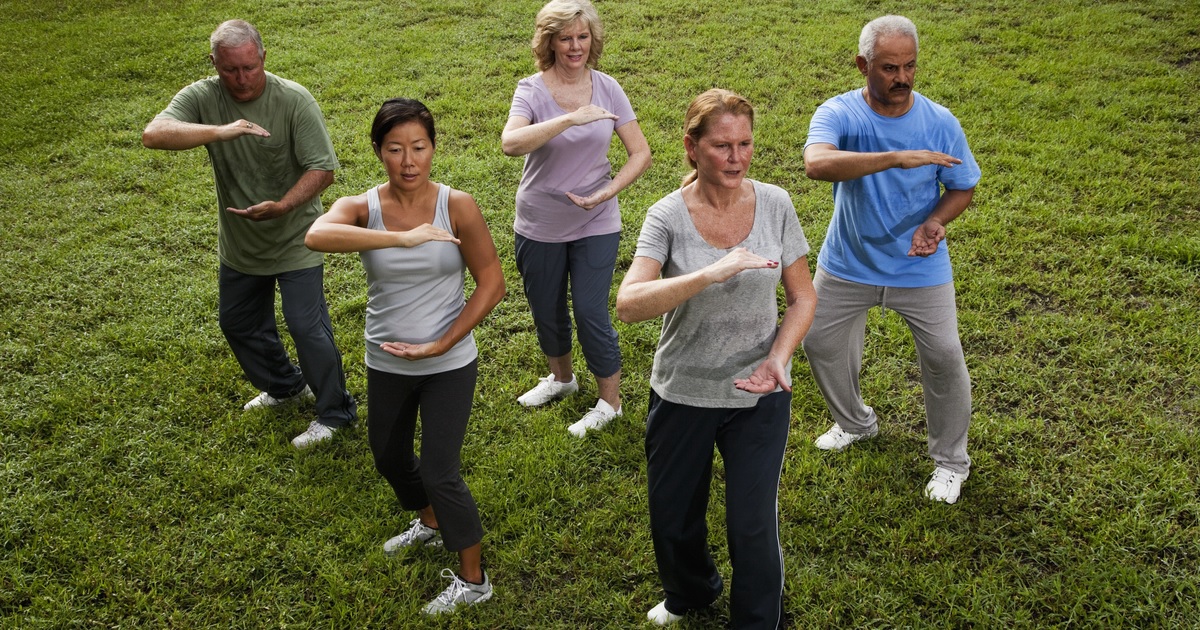10 Ways to Decrease the Risk of Getting Breast Cancer
Be Active

Women who are physically active have less of a risk of many kinds of cancers including breast cancer. It helps to keep their weight down. Women who are a healthy weight have a reduced risk of cancer. Maintaining a normal weight helps reduce inflammation in the body, which can discourage the growth of cancer cells. Women should include 75 to 150 minutes of activity to their week through workouts. Being active can help protect a women for a variety of cancers in the body including breast cancer.
Healthy Eating

While healthy eating can keep overall weight in check, it's important to eat healthier because vegetables have cancer fighting properties. When you're eating more vegetables, you're staying away from foods like red meat, which can increase the risk of many cancers. Greens like broccoli, Brussel sprouts and cabbage have anti-cancer effects. Tomatoes contain lycopene, which blocks free radicals in the body. Eggplant contains nasunin, which is an antioxidant, cuts off blood supply to cancer cells.
